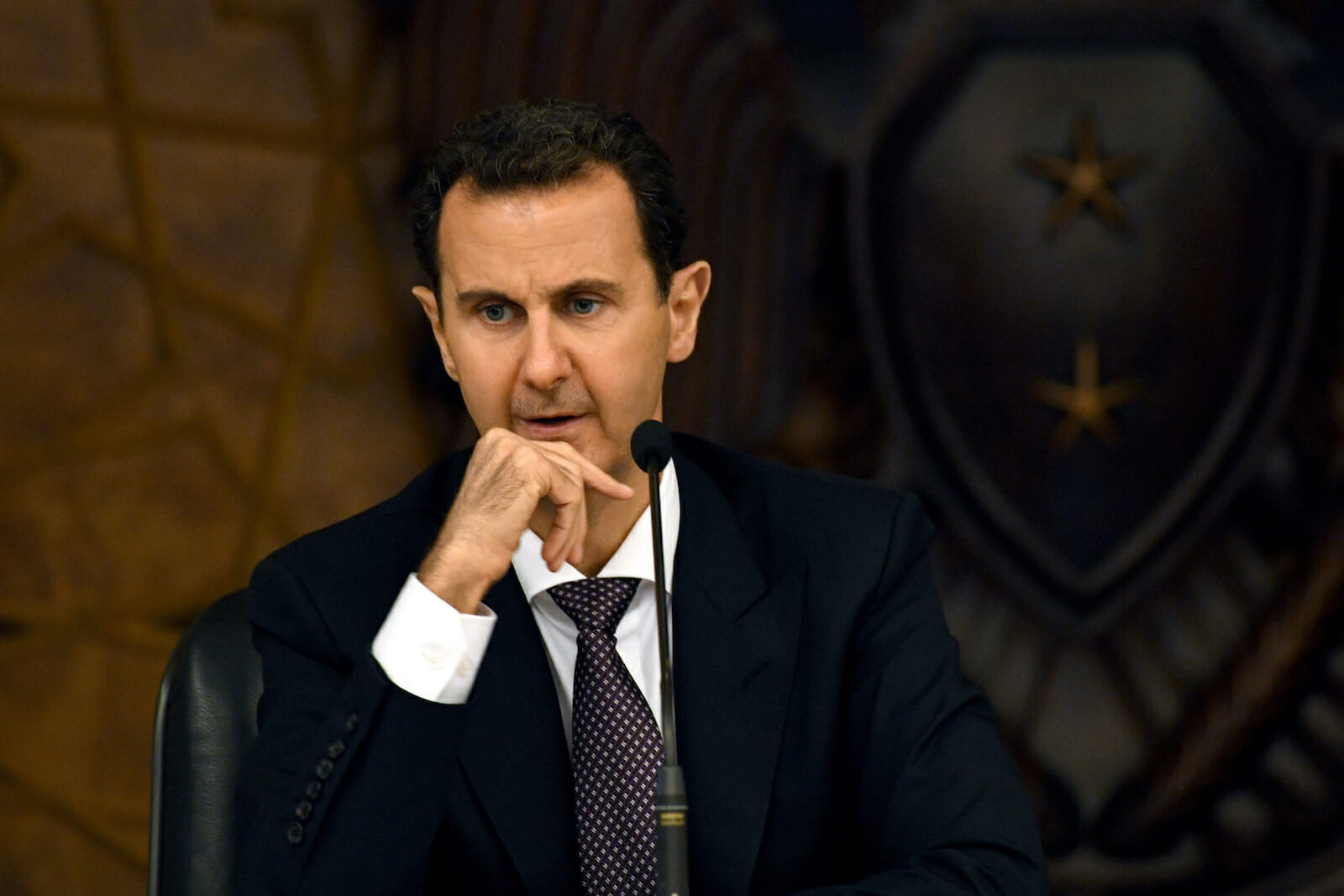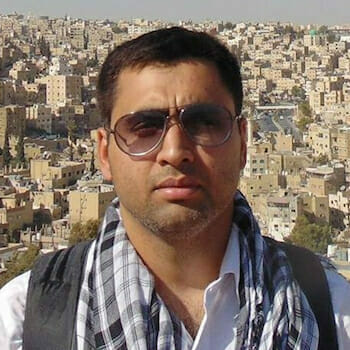
Syria and the Arab World’s New Beginning
Syria has long been an important centre for pan-Arab ideas in modern times and has been considered to be the heart of Arab-ism. Since the beginning of the Arab nationalist movement in the late 19th and early 20th century, Syria hoisted the banner of Arab nationalism. But after the beginning of civil war in 2011, Syria became diplomatically isolated in the Arab world but the dynamics are changing now in Syria’s favour. Recently President Bashar al-Assad told a Kuwaiti newspaper that Syria had reached a ‘major understanding’ with Arab states after years of hostility over the country’s civil war.
Assad revealed that Syria and several Arab nations are on the verge of resuming diplomatic relations. This is the first interview that President al Assad gave to the Gulf media since the beginning of the civil war. Many Arab countries are courting the Syrian government now that the civil war is almost over. Arab states are rethinking their next steps to deal with the status quo in Syria, as they come to the realization that they will have to cope with the presence of the Syrian President Bashar al-Assad at least in the near future. Moreover, Damascus is aware of the changing regional environment and Syrian diplomacy is eagerly searching for Arab allies. Let’s have a look at some important Arab state’s rapprochement towards Syria.
Jordan: The Hashemite kingdom shares a border of more than 385 kilometres with Syria and is one of few Arab states that refused to cut its diplomatic ties with Syria and allowed the Syrian embassy to operate in Amman. Recently, the Nasib border crossing between Jordan and Syria was also reopened which clearly indicates that Damascus and Amman are looking forward to a deeper engagement.
Qatar: Doha is under blockade and faces immense pressure from Saudi Arabia, the United Arab Emirates, and their allies. Relief comes in the form of supplies flown in from Syrian a staunch ally of Iran. Moreover, Qatar is eager to improve relations with Russia, another ally of Syria. Qatar has communicated to both Iran and Russia that they are willing to tolerate President Assad in Syria.
Saudi Arabia: The most significant indication of a possible shift in Saudi-Syrian policy was when Saudi Crown Prince Muhammad bin Salman made a surprising statement to Time magazine that “Bashar is staying. Saudi Arabia for a quite a while now is seeking to pull Assad into the Arab fold so that it can weaken his alliance with Iran.”
Egypt: Egypt seems to have come to the reluctant conclusion that ending the conflict is a more pressing need than replacing the Assad regime. They think the destabilizing impact of the war, particularly the rise of ISIS, is more of a concern than the continuation of Iran’s long-established influence in Damascus. Hence, Cairo is more tolerant towards the Syrian Government.
UAE: The UAE’s Minister of State for Gulf Affairs, Anwar Gargash, in June this year said in a statement to a prominent Middle East newspaper, The National, that he regretted Syria’s suspension from the Arab League as it had shut off a major conduit for regional voices in pushing for peace talks and a negotiated settlement to the conflict. Earlier this year, Syria’s flagship airliner resumed flights to an airport in the emirate of Sharjah in a move that potentially indicated improving trade relations between the two states.
Oman: The sultanate is the only Gulf state to have hosted the Syrian envoy even during the civil war. Oman has unusually good relations with Syrian close ally Iran because of this Muscat has maintained amicable relations with Syrian government.
Kuwait: Kuwaitis have been following their traditional pattern of avoiding participation in external conflicts. Kuwait is also skittish about the Syrian conflict because it does not wish to unnecessarily antagonize its relatively well-assimilated Shia population.
It seems now that the Arab world is willing to take Syria into its fold. But for Syria now to be fully integrated into the Arab world and play a dominant role it has to redefine its political approach in the region. Syria has to decide whether it has to act as an independent country or as an Iranian satellite in the Arab world. In a country that’s lost 75 percent of its GDP, ‘reconstruction’ is for now a much-desired dream. Assad’s backers do not have the necessary resources for more than a subsistence recovery, and they are already looking for their share of what’s left of Syria’s economy. Hence, it becomes more important for Syria to get support of other important Arab states which can help it to stand on its feet again. President Assad has won the military war but he has to be victorious in another one that’s to reconstruct Syria which can only be achieved by re-aligning with the Arab world.
